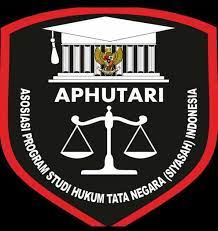Al-Daulah : Jurnal Hukum dan Perundangan Islam
ISSN (Print): 2089-0109
ISSN (Online): 2503-0922
Publisher:
Study Program of Constitutional law
Faculty of Sharia and Law
State Islamic University (UIN) of Sunan Ampel Surabaya
Jl. Jend. A. Yani 117, Surabaya, 60237
Phone: (031) 8417198
E-mail: jurnalaldaulah@gmail.com




